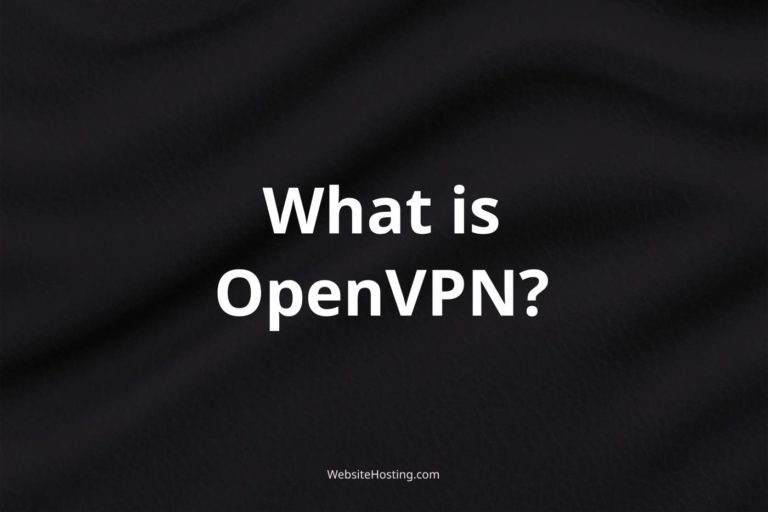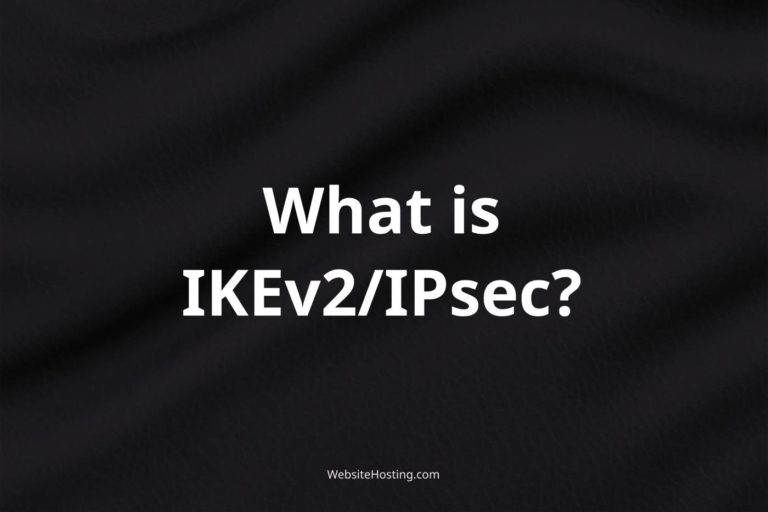The Layer 2 Tunneling Protocol (L2TP) in combination with Internet Protocol Security (IPsec) is a commonly used VPN protocol that provides secure and encrypted communication between a user’s device and a VPN server.
In this article, we’ll take an in-depth look at L2TP/IPsec, including what it is, how it works, its strengths and weaknesses, and its best use cases.
What is L2TP/IPsec?
L2TP/IPsec is a VPN protocol that combines two technologies to provide a secure and private connection between a user’s device and a remote server. The L2TP protocol is used to create a tunnel between the user’s device and the VPN server, while the IPsec protocol is used to encrypt and authenticate the data transmitted through the tunnel.
How does L2TP/IPsec work?
When a user connects to a VPN server using L2TP/IPsec, the user’s device first establishes a connection with the VPN server using the L2TP protocol. Once the L2TP tunnel is established, the IPsec protocol is used to encrypt and authenticate the data transmitted between the user’s device and the VPN server.
What are the strengths of L2TP/IPsec?
L2TP/IPsec is a widely supported VPN protocol and is built into most modern operating systems, making it easy to set up and use. It also provides strong encryption and authentication, making it a good choice for users who prioritize security.
What are the weaknesses of L2TP/IPsec?
One of the main weaknesses of L2TP/IPsec is that it can be slower than other VPN protocols due to the double encryption process. Additionally, some security experts have raised concerns about the security of the L2TP protocol itself, as it has been shown to be vulnerable to certain types of attacks.
Best use cases for L2TP/IPsec
L2TP/IPsec is a good choice for users who prioritize security and privacy and are willing to sacrifice some speed for stronger encryption. It’s also a good choice for users who need to connect to a VPN server from a wide range of devices and operating systems, as L2TP/IPsec is widely supported.
Related terms: VPN, Tunneling Protocol, Internet Protocol Security, Encryption, Authentication, Security, Privacy, Network Security, VPN Server, Operating Systems.
Notable brands: ExpressVPN, NordVPN, CyberGhost, Surfshark, Private Internet Access.
Popular Questions:
-
What is L2TP/IPsec?
L2TP/IPsec is a VPN protocol that provides secure and encrypted communication between a user’s device and a remote server.
-
How does L2TP/IPsec work?
When a user connects to a VPN server using L2TP/IPsec, the user’s device first establishes a connection with the VPN server using the L2TP protocol. Once the L2TP tunnel is established, the IPsec protocol is used to encrypt and authenticate the data transmitted between the user’s device and the VPN server.
-
What are the strengths of L2TP/IPsec?
L2TP/IPsec is widely supported, easy to set up and use, and provides strong encryption and authentication.
-
What are the weaknesses of L2TP/IPsec?
L2TP/IPsec can be slower than other VPN protocols and has some security vulnerabilities.
-
Is L2TP/IPsec a good choice for users who prioritize security and privacy?
Yes, L2TP/IPsec provides strong encryption and authentication, making it a good choice for users who prioritize security and privacy.




